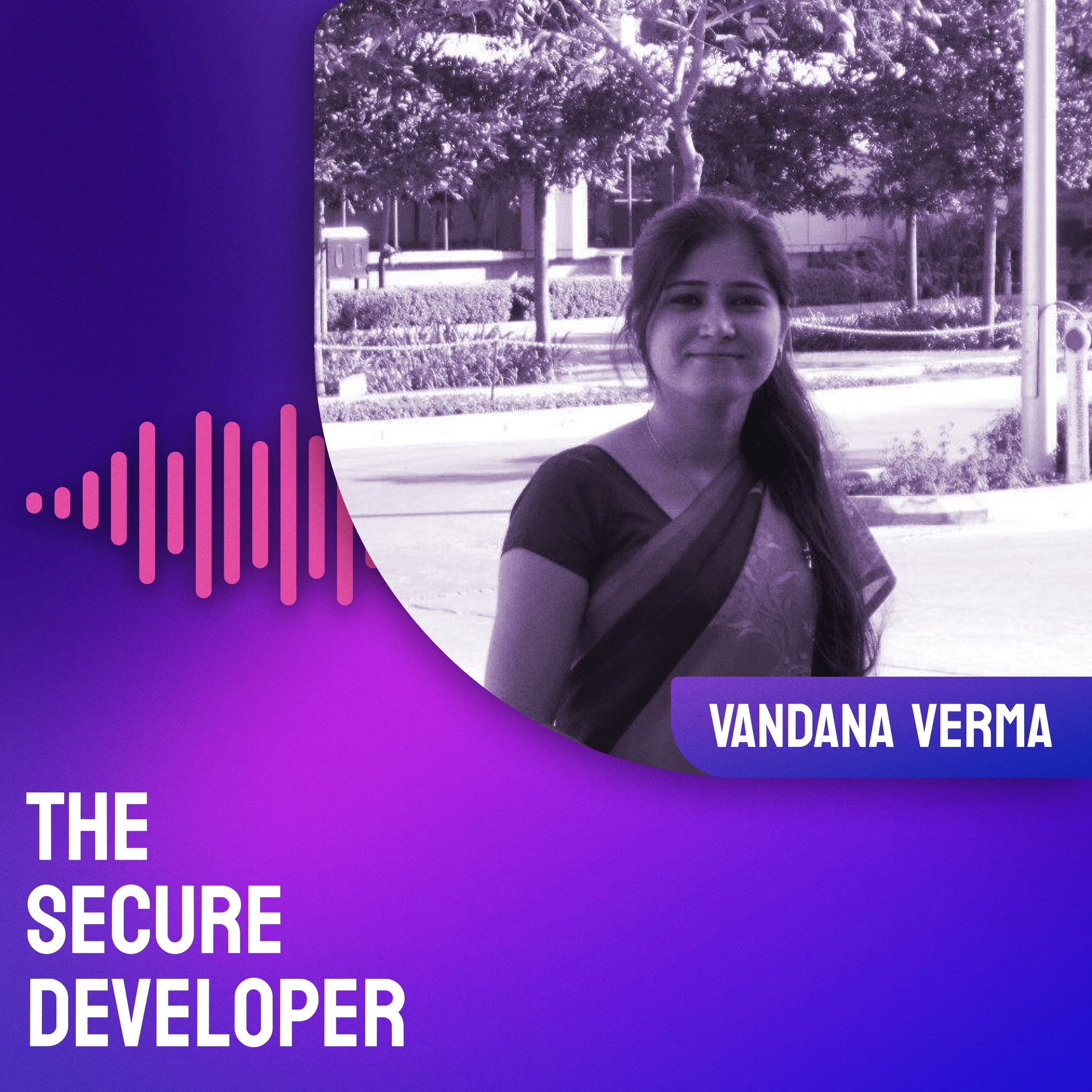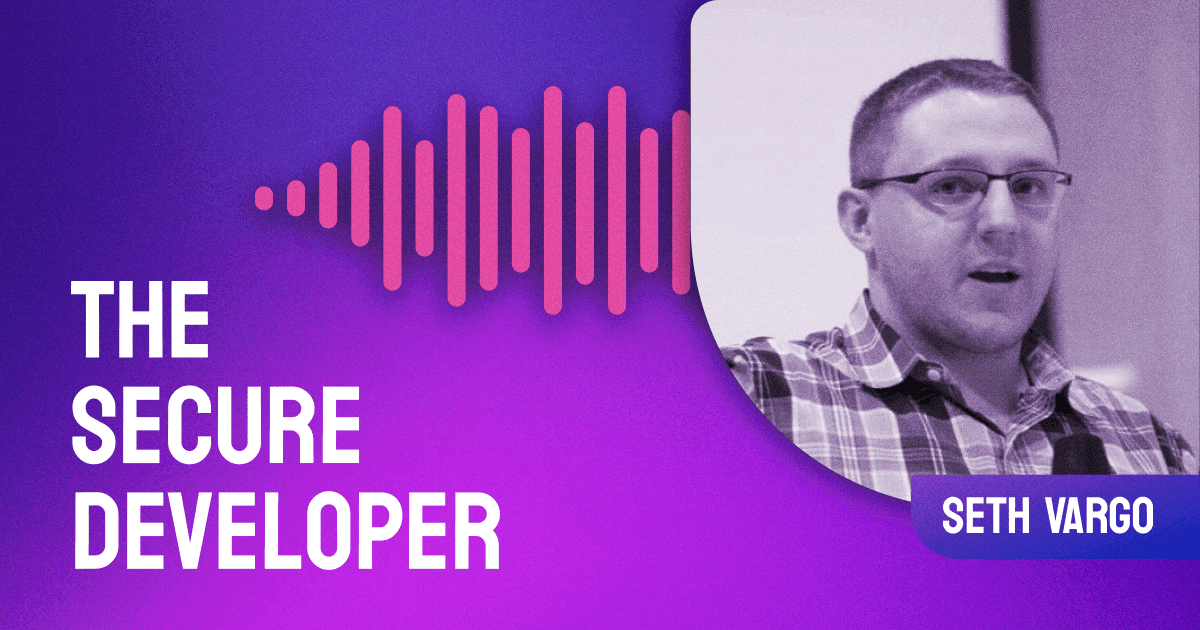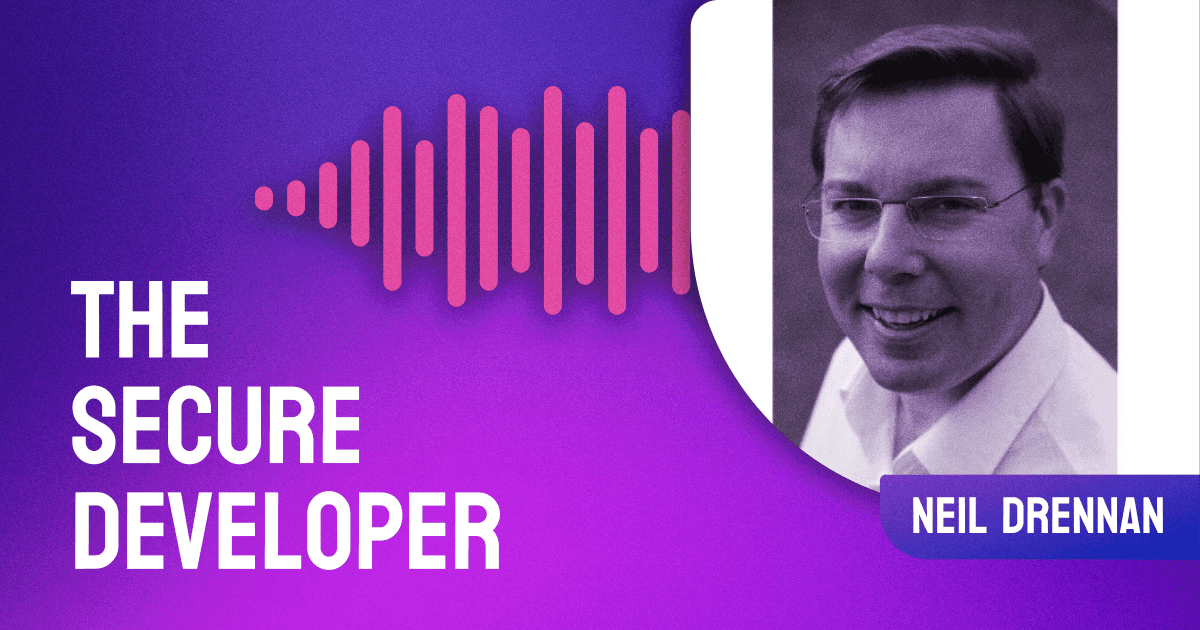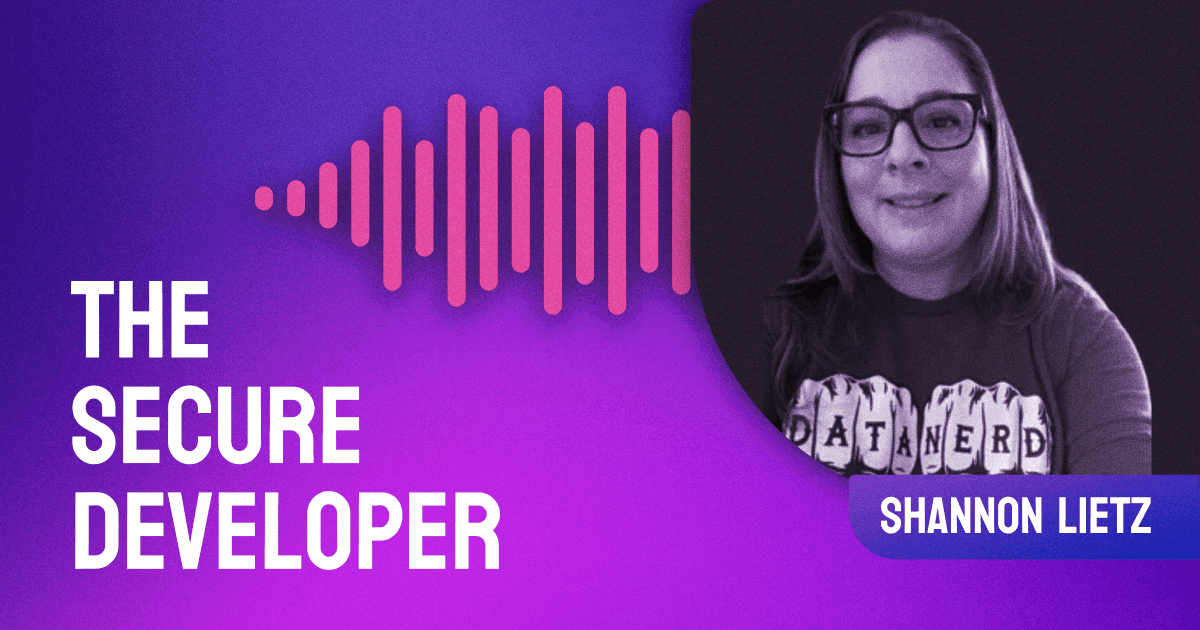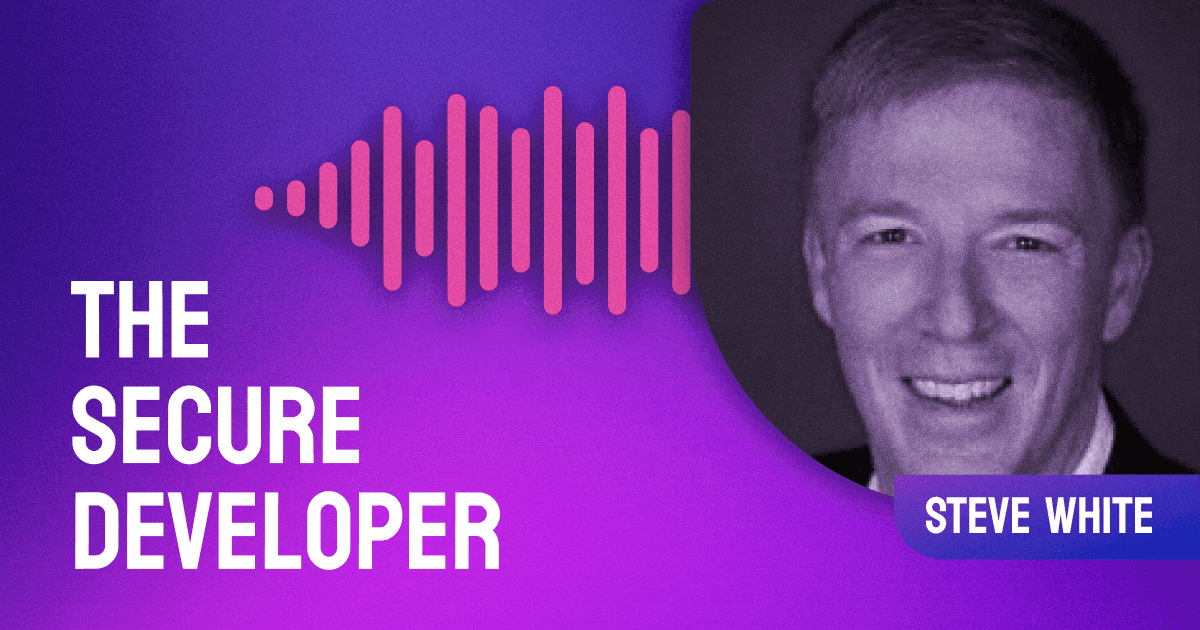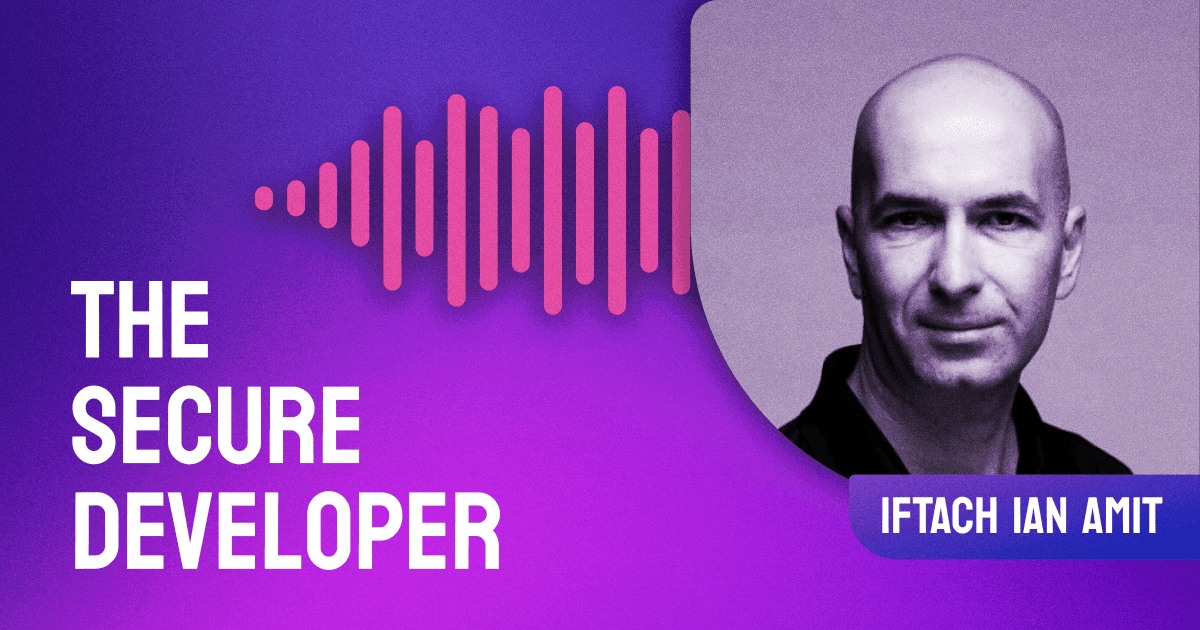Barriers to entering the DevSecOps community are becoming much weaker thanks to its provision of free resources and through the work of diversity activists too. Much praise can be given to Vandana Verma in this regard, who we were lucky to have as our guest on the show today. Vandana is an experienced application security practitioner, currently working at IBM’s India software labs as a Security Solutions Architect. She’s OWASP Bangalore’s Chapter Leader, OWASP’s Women in AppSec lead, as well as an advocate for WoSEC, Infosec Girls and Women in Cyber Security. In today’s discussion, we hear about Vandana’s journey into the DevSec and Cloud security world from her early days as a developer. Vandana speaks about the scope of AppSec and Cloud security, weighing in on the ‘left shift’, the app in the context of the cloud, and different focus areas that she implements in her training sessions. We hear about the burgeoning tech scene in Bangalore, how helpful the community is and all the free resources to be found at the OWASP Seaside conferences. Vandana also speaks about her journey into diversity activism, sharing about the many workshops and keynote presentations she gives globally, and the benefits her broad understanding of diversity can give to security teams. For some great tips on how to think about Cloud vs AppSec, as well as how teams with broad backgrounds can benefit security work, make sure to listen in on today’s show.
